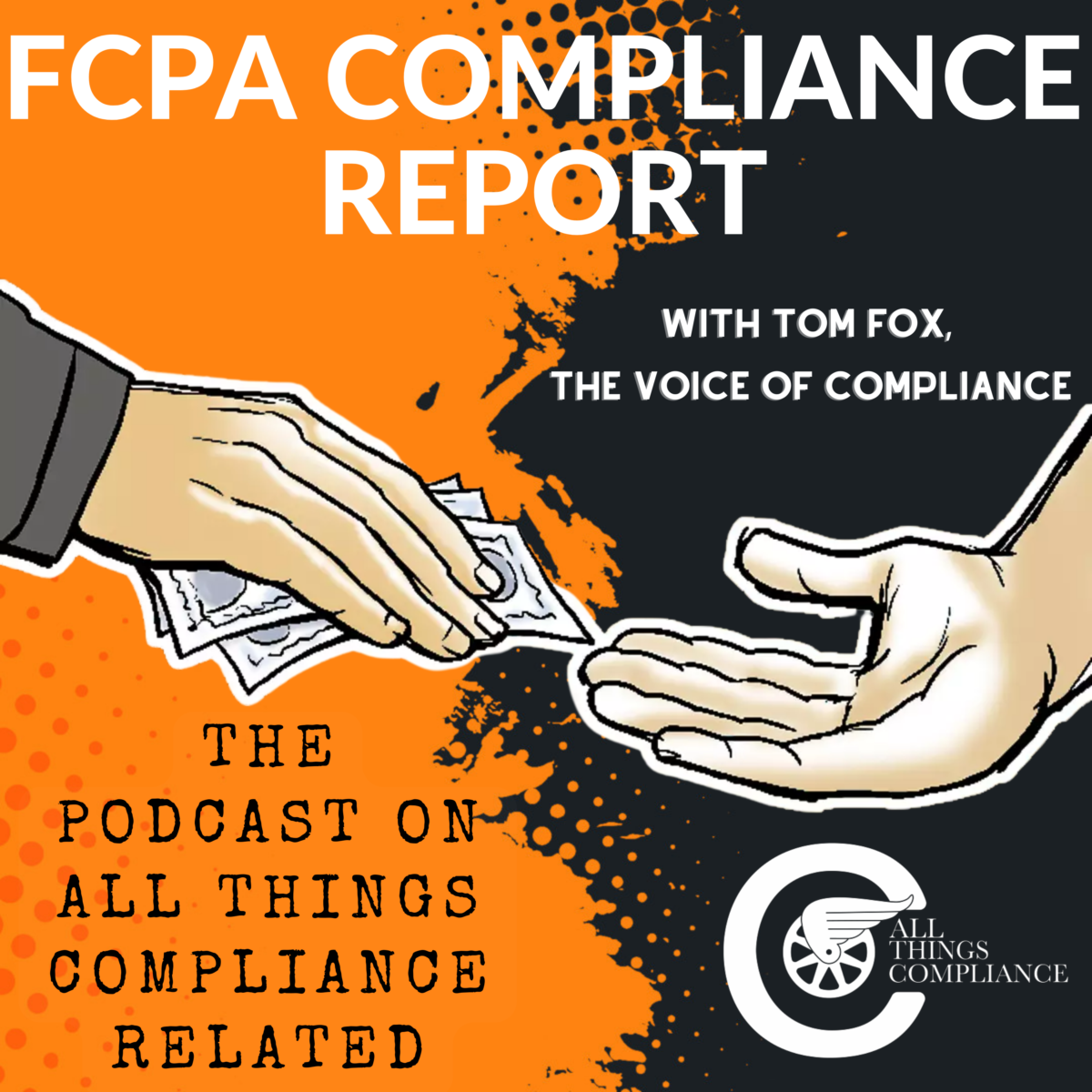The Department of Justice (DOJ) has been making significant strides in emphasizing the importance of voluntary self-disclosure in corporate enforcement cases, particularly in the Foreign Corrupt Practices Act (FCPA) realm. This shift in approach is evident in recent policy announcements and enforcement actions, beginning with the 2022 ABB Foreign Corrupt Practices Act (FCPA) settlement to the 2023 Albemarle FCPA resolution and continuing to the 2024 SAP Foreign Corrupt Practices Action settlement. Through these three resolutions, the DOJ clarified that its most important criteria for evaluating a company for a fine under the FCPA is whether or not it self-discloses.
Representatives of the DOJ Kenneth Polite and Lisa Monaco further discussed this incentive in speeches in 2023. In announcing a revision to the 2017 FCPA Corporate Enforcement Policy, which became the 2023 Corporate Enforcement Policy, Kenneth Polite emphasized the ‘need for speed’ both in self-disclosure and during the pendency of any FCPA or compliance real compliance-related involving the DOJ.
The DOJ’s focus on incentivizing self-disclosure is a strategic move to encourage companies to come forward with violations and cooperate with authorities. The new Corporate Enforcement Policy offered up to a 75% reduction in penalties for voluntary disclosure. This discount is available even if there were ‘aggravating factors’ in the matter, such as C-Suite involvement in bribery and corruption. The DOJ could not send a more precise signal and be more transparent about what they want and will incent. This approach reflects a broader trend toward rewarding companies that proactively address compliance issues and work collaboratively with law enforcement agencies.
One of the key factors influencing the DOJ’s enforcement actions is the impact of recidivism. In October 2021, the DOJ, through a speech by Lisa Monaco and memorialized in the 2023 Evaluation of Corporate Compliance Programs (2023 ECCP), made it clear that it will not tolerate repeat offenders and is prepared to impose harsh penalties on companies that fail to self-disclose violations. However, even recidivist companies are encouraged to come forward and address compliance issues head-on, with the potential for significant penalty reductions if they demonstrate genuine cooperation and remediation efforts. The ABB resolution, in which the company was the first three-time FCPA recidivist yet received a superior outcome, once more demonstrated the DOJ’s current focus. The attempted self-disclosure fell short by only a day or two, as ABB had scheduled a meeting with the DOJ to self-disclose but had not formally done so. In the interim, a news story broke in South Africa about ABB’s systemic bribery and corruption in that country.
Although this factor was absent from the SAP enforcement action, the DOJ’s message regarding the benefits of self-disclosure and the DOJ’s expectation of self-disclosure could not have been clearer. Under the Corporate Enforcement Policy, SAP’s failure to self-disclose costs it an opportunity of at least 50% and up to a 75% reduction off the low end of the acceptable range of the US Sentencing Guidelines. Its actions as a criminal recidivist resulted in it not receiving a reduction of at least 50% and up to 75% from the low end of the USSG acceptable range but rather at 40% from above the low back. SAP’s failure to self-disclose cost it an estimated $20 million under the Sentencing Guidelines. Its inability to self-disclose and recidivism cost it a potential $94.5 million in discounts under the Corporate Enforcement Policy. The DOJ’s message could not be any clearer.
There was a significant discussion in the NPA around Albemarle’s voluntary self-disclosure to the DOJ. However, NPA noted that “the disclosure was not “reasonably prompt” as defined in the Criminal Division Corporate Enforcement and Voluntary Self-Disclosure Policy and the US Sentencing Guidelines.” The NPA reported that Albemarle learned of allegations regarding possible misconduct in Vietnam approximately 16 months before disclosing them to the DOJ. Interestingly, the SEC Order only stated, “Albemarle made an initial self-disclosure to the Commission of potential FCPA violations in Vietnam after completing an internal investigation of such conduct and, simultaneously, self-reported potential violations it was investigating in India, Indonesia, and China. Albemarle later self-disclosed potential violations in other jurisdictions to the Commission as part of an expanded internal investigation.”
This meant the self-disclosure “was not within a reasonably prompt time after becoming aware of the misconduct in Vietnam,” which means that Albemarle did not meet the standard for voluntary self-disclosure under the Criminal Division Corporate Enforcement and Voluntary Self-Disclosure Policy. While the DOJ “gave significant weight” to the Company’s voluntary disclosure, even if untimely, disclosure of the misconduct is undoubtedly cautionary.
The tradeoffs involved in balancing different factors, such as self-disclosure, cooperation, and remediation, can present challenges for companies navigating the complex landscape of FCPA enforcement. While the DOJ’s emphasis on self-disclosure offers potential benefits regarding penalty reductions and monitoring requirements, companies must carefully weigh the risks and rewards of voluntary disclosure against the possible consequences of non-disclosure.
The importance of considering the impact of decisions about the DOJ’s FCPA enforcement actions cannot be overstated. Companies that prioritize a culture of compliance, proactive monitoring, and data-driven analytics are better positioned to detect and address potential violations before they escalate into costly enforcement actions. By aligning their compliance programs with the DOJ’s expectations and demonstrating a commitment to ethical business practices, companies can mitigate the risks associated with FCPA violations and build a strong foundation for long-term success.
What the DOJ wants is self-disclosure as soon as possible. One only needs to recall the case of Cognizant Technologies, where the company received a complete declination, and there were allegations of C-Suite involvement in the bribery schemes. This Declination was provided mainly because the company self-disclosed only two weeks after the information was filtered to the Board of Directors. While Cognizant Technologies may be the gold standard, a company’s timely self-disclosures can be considered for a full Declination.











